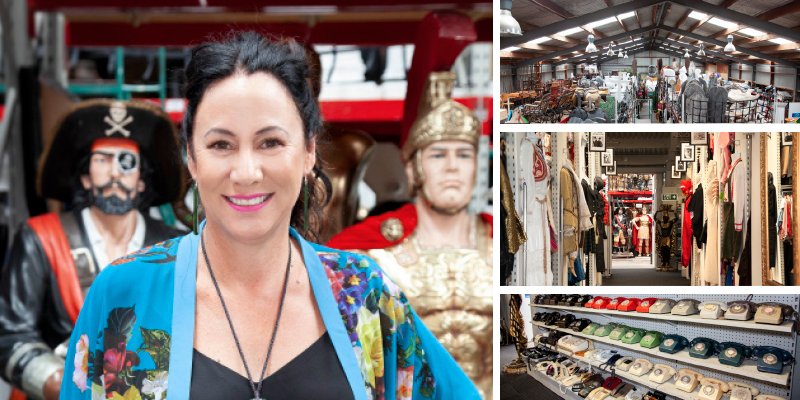Crisis control
Is your business ready for negative media attention? It could be closer than you think. Pete Burdon has advice on preparing a crisis communication plan. Since the Internet and social […]
Is your business ready for negative media attention? It could be closer than you think. Pete Burdon has advice on preparing a crisis communication plan.
Since the Internet and social media came into our lives, it’s no longer just big companies that have to be ready for that unwanted call from a reporter about something that could threaten reputations and bottom lines. All it takes is an allegation on Facebook and it doesn’t even have to be true.
Lots of businesses have found this out the hard way. Here are just a few example headlines of smaller businesses in the news for this recently: “Finance company accused of charging unreasonable fees,” “Cleaning company accused of exploiting workers,” and “Pharmacy accused of price-fixing.”
I could go on, but this has become a common occurrence across the New Zealand media and across industries.
In most cases the response from the accused business is, ‘no comment’ and that’s usually the worst possible answer because research shows that most people interpret that as “guilty as charged”.
What should you do to prepare for the worst?
It’s vital that you are ready for this kind of scenario, even if you don’t think you are at risk. It’s no different from business continuity insurance. The only difference is that we’re talking about your reputation – and damaging that can be detrimental to your future success.
The answer is a Crisis Communication Plan created specifically for your business. These come in all shapes and sizes. Some run to hundreds of pages, while others are literally a list of bullet points. The best ones are brief, but include the essentials. The best way to put them together is either with an outside expert or in a session with your leadership team.
The first step is to brainstorm what your most likely risks are. This is important because you then need to write brief media statements on these (i.e. “holding statements”). These can then be tailored and sent to reporters quickly (although you would still contact other important stakeholders first).
The reason these are so important is that reporters will write their stories whether you are in them or not, and then send them out through social media immediately. For the sake of your reputation, you are best to say something, however brief, rather than just “no comment”.
For example, let say there’s an allegation made about one of your staff. Your holding statement may say something like, “We take all allegations extremely seriously and are looking into this immediately.” That will give you time to get your head together and it will satisfy media audiences at the outset.
Also, remember that media sites rank high on search engines, meaning that people searching your company are likely to see these stories on page one of their search for some time. That’s why it’s vital that you are quoted as saying you are aware of the situation and are looking into it, or something similar, depending on the issue.
The last thing you want these stories to say is something like: “The CEO refused to comment.”
Define roles
Everyone needs to know their role if something does erupt. The first is your online manager. This person should be monitoring social media as part of their daily routine, and preferably with a paid monitoring tool that lets them see what people across networks are saying about the business. This is not only good for marketing, but can find customer or client concerns before they turn into a full-blown crisis. This person will also play a crucial part during any major issue or crisis.
The other vital role is that of media spokesperson. Sometimes it’s important that a spokesperson accepts interview requests. Otherwise stories will all be heavily one-sided against the business and your case will never be heard. This is common, particularly in broadcasting media.
This person will require training because a media interview is like no other conversation and spokespeople can fall into traps without even knowing it. This is mainly because reporters only use snippets of interviews in their stories so you need to make sure that everything you say can stand on its own.
There are other roles, but these are two of the most important.
Channels and contacts
While the focus here has been on the news media, there will be other stakeholders to contact, many of whom you would not want to hear the story through the news media before hearing it from you. This is why you always need an up-to-date contact list and a variety of channels to communicate through.
Simple process
While there are other areas outside the scope of this article, preparing to communicate through an issue that threatens your reputation is relatively simple. But it’s vital. It’s too late to contact a PR company when something happens. The horse will have bolted.
While you may decide to go down the public relations road, you’ll need to get the ball rolling yourself because the success or failure of your response will be determined by the speed at which you move.



